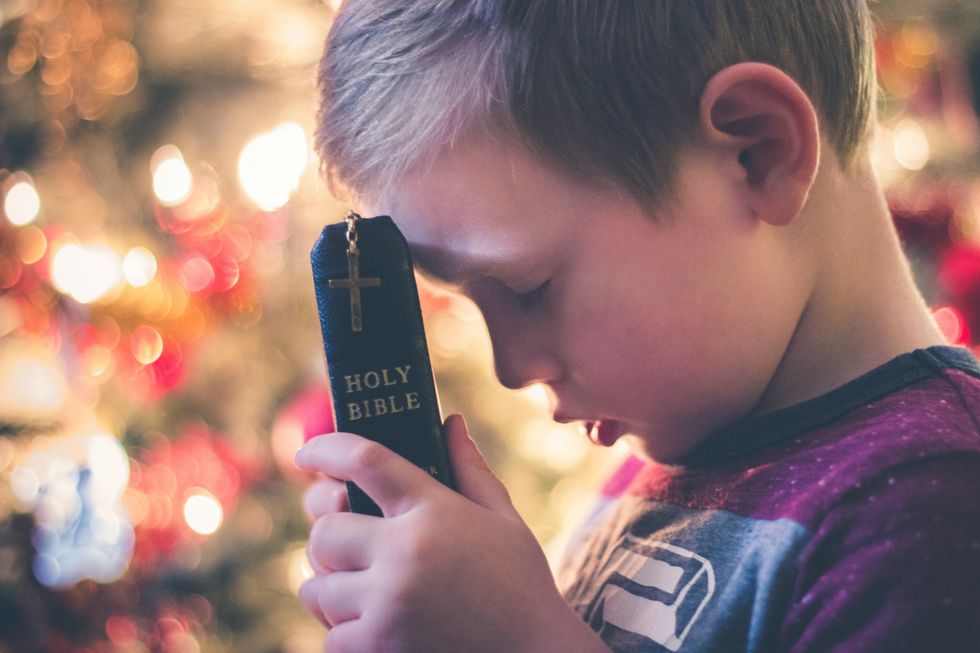The death of a celebrity idol is never a pleasant experience. Whether a past or current inspiration, or even someone who’s simply casually noticeable, their passing can be heartbreaking. Discovering that their death was caused by suicide, however, is a completely different level of devastation.
I’ll be honest; I haven’t listened to a Linkin Park song in years, much less thought about the band and its members. But when I received the news alert on my phone yesterday that the band’s lead singer, Chester Bennington, had taken his own life, it was as if I was back in 5th grade blasting “Meteora” on repeat.
As a dedicated former “emo” kid, I prided myself on my mental database of stalkerish knowledge of band members, including the frontrunner of Linkin Park. However, I found myself doubting my memory as I stared at that nondescript banner flashing across my lock screen. Maybe it was my grief or, more likely, my disappointment, that suspended me in denial.
Some of the most formative years of my life occurred overtop the background music of this band, and I aspired to be like Bennington one day. He was authentic, honest and anti-establishment. He was everything that the younger version of myself wanted to be. I suppose that now as I’ve grown into my own person, his influence has still subconsciously played a role.
However, as I sit here rereading news updates about his death, I am drawn back to the more personal ties I have with the music he created. I can still vividly recall listening to “The Messenger,” to Bennington’s voice, on repeat every night as I forced myself to stay alive another day. His lyrics were a source of strength pulling me through my depression, and it makes the fact that he succumbed to his own mental illness that much more difficult for me to comprehend.
I spent so much of my childhood and teenage years molding myself into what I imagined was his image. But now that he’s gone, I realize we’re not as similar as I once hoped we would be-- and that isn’t a bad thing.
Suicide is the 10th leading cause of death in the U.S. and, when it occurs successfully, it generates a high concentration of public interest. Just as it was with the recent suicides of comedian Robin Williams and “It’s Kind of a Funny Story” author Ned Vizzini, the decision of idolized celebrities to take their own lives is sensationalized by social media outlets, newscasts and magazines alike. While Bennington’s death is still in the “reported” phase, he will soon be added to the list of tortured celebrity souls.
There is nothing glamorous about what any of these celebrities have done, nor should it be considered otherwise. Yes, it’s sad and unfortunate; which is why hyper-focusing on it can lead to even more mental distress, especially through phenomena such as the contagion effect. Increased internet traffic on one’s Twitter page and the addition of a date of death on Wikipedia isn’t an accomplishment-- but staying alive is. Bringing awareness to the reality of suicide and mental illness is important, but doing so in a way that avoids romanticization is even more crucial.
So tonight, after making a renewed effort to spark a conversation on suicide prevention, I’ll listen to “The Messenger” once again. It’s likely that I’ll feel sad, but more for Bennington than for myself. I’ll always be grateful for the inspiration he and his music provided me, but the path of following in his footsteps must end somewhere. He made his choice, just like I make mine.
I choose to move on and leave my nostalgia-inducing Linkin Park albums behind after I finish mourning, surrounding myself once again with positivity. I choose to remember the lessons Bennington has taught me as I continue to forge my way through life, and turn his faults and mistakes into something meaningful.
I choose to stay alive, day after day, because I know that I too have that life-changing impact on someone else, whether it be my family, friends or peers, just like he did.
If you or someone you know is considering suicide, contact the National Suicide Prevention Lifeline for free confidential support at 1-800-273-8255.









 Christmas and New Year gift card
Photo by
Christmas and New Year gift card
Photo by  butter cookies on plate
Photo by
butter cookies on plate
Photo by  boy holding Holy
boy holding Holy 









